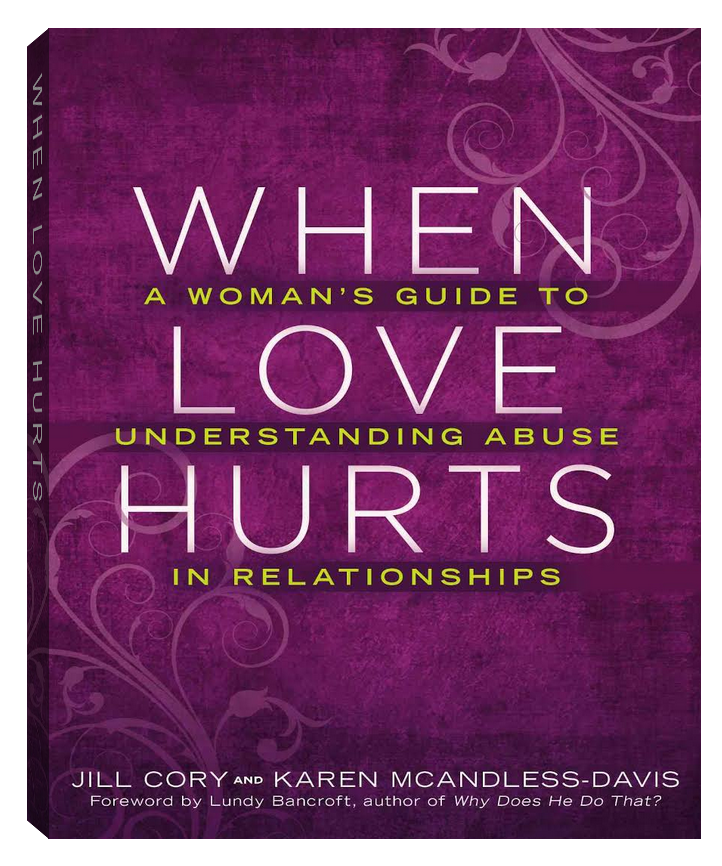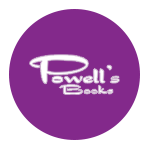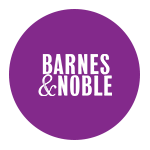THIRD EDITION
WHEN LOVE HURTS
A WOMAN’S GUIDE TO UNDERSTANDING ABUSE IN RELATIONSHIPS
Books, resources, workshops & more…
Strengthen your practice using the innovative framework and powerful tools found in When Love Hurts
What you do is vitally important. If you support women who are experiencing abuse from a partner, you meet them at their most vulnerable. Partner abuse leaves women feeling overwhelmed and exhausted, and the impending challenges that lay before them can be daunting. Imagine if you could have a comprehensive guide that offered meaningful information and insights for the women you support. How might this strengthen your practice and enrich the support women receive?

When Love Hurts provides you with a state-of-the-art approach that will transform your practice
When Love Hurts has been making a difference for women for two decades. It is an essential framework for anyone who supports women impacted by abuse. It provides a paradigm shift that changes the way practitioners and advocates support women. It is straightforward and accessible, and integrates the complexities and challenges that reflect women’s experiences.
Our book helps women
This approach accelerates and deepens women’s insights and assists them through their journey to safety. Make the book available for women. A wealth of practical and accessible resources will help them make sense of their experience of abuse.
“This book has changed my life – maybe even saved my life. It lifted the confusion that was paralyzing me and gave me new understanding and clarity. I am now on a path to getting my life back.” – Alia.
Get our articles for professionals
Our website is an important resource for you, the practitioner. Our website and book together will complement your existing work with women. At the website you will find articles and resources to enhance and guide your practice.
What professionals are saying
Our website is a resource for women
Women are searching for answers to what is happening to them in their relationships. understanding and insight. How do we help them find the most helpful information?
What women are saying
Helping women get the answers they need.
Women who are experiencing abuse from a partner have many questions about their relationship. They are discouraged by the lack of relevant information and support they receive from family and friends. When Love Hurts provides women with accurate information about abuse, and how it’s impacted them. Women also gain new language and insights that enable them to see themselves as strong, resilient and capable women.
THIRD EDITION BY PENGUIN RANDOMHOUSE

Buy our book
About Jill and Karen
Jill and Karen are passionate advocates for women who have experienced abuse from a partner. Their deep compassion and respect for women is clearly evident throughout their work. They are committed to ensuring that women receive the best possible support, and that practitioners have access to the most effective training and tools. They have combined their decades of individual and group counselling with solid research to create a powerful and meaningful guide for women and practitioners.
Jill has worked as a women’s shelter advocate, and group counsellor for women with experiences of abuse. For the past 19 years, she was the director of the Woman Abuse Program at BC Women’s Hospital, where she, along with Karen, lead ground-breaking research on women-centred, low-barrier, harm reduction approaches for women with experiences of abuse. Karen has over 20 years experience facilitating support groups and providing individual counselling. She is also a certified trauma therapist.
By bringing together their rich and divergent work, Jill and Karen provide a powerful, time tested and highly-effective model for supporting women.
Jill and Karen travel throughout North America delivering workshops and keynote addresses

News and updates
Connect with us!
Get the latest resources and hear about upcoming training events.
The right support makes all the difference.
There is no ‘how to’ formula for supporting women who are experiencing abuse. But there are some good women-centred practices and guidelines. Here are some questions to consider
Am I able to remain non-judgmental, empathic, respectful, and caring when I encounter a woman who is impacted by abuse?
Can I stay compassionate while supporting women as they navigate the negative social responses and structural barriers that prevent women from finding safety?
Do I believe women? Do I trust that women know their own reality best and I must listen carefully to women describe their reality in their own words and in their own ways.
Do I ask ‘what’s happened to this woman?’ rather than “what’s wrong with this woman?”
Am I aware of messages hidden in well-intentioned words?
“Why don’t you leave?”
“At least he didn’t hit you.”
“I know how you feel.”
“Your partner is just repeating what he saw as a child.”
“You have to stop exposing your child to the abuse.”
What helps you walk beside each woman you support as she navigates the danger posed by her partner and the confusion created by complex and sometimes-hostile services?



